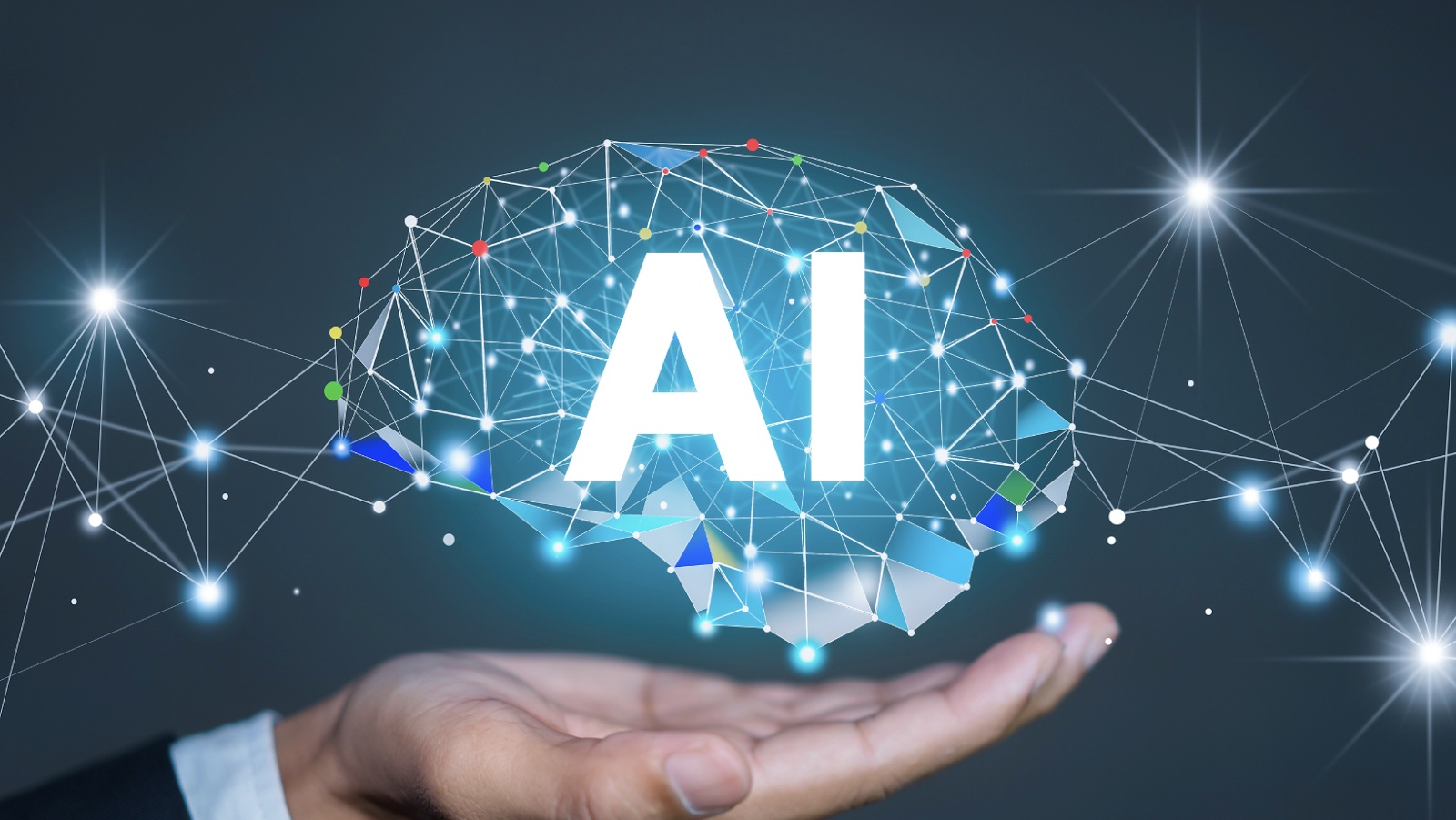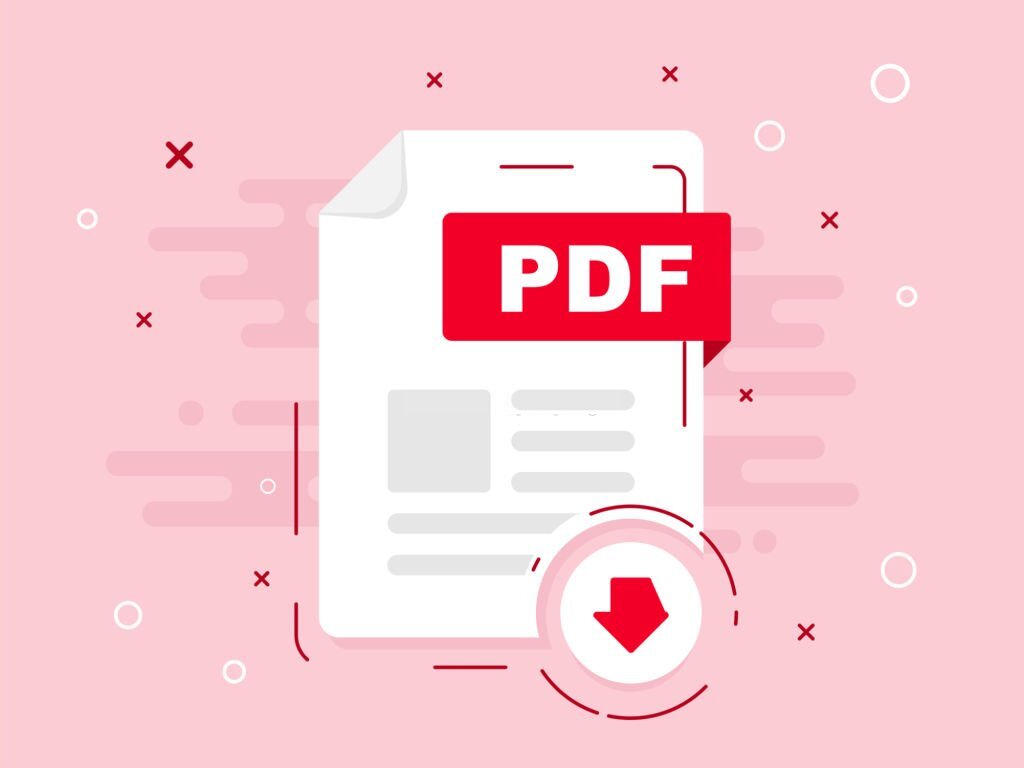
These past few months, artificial intelligence has been on everyone’s lips. From manufacturing to marketing, healthcare to banking, every industry is benefiting from the rise of AI. So much so that last year, the global artificial intelligence market was worth it nearly $150 billion and, according to Statista forecastit could reach $500 billion in revenue by the end of 2024.
In that context, it’s not really surprising to learn that one of the industries that’s quickly adopting AI is software development.
The current state of artificial intelligence in software development
AI is already used at every step of the development process to support developers, address the many challenges in the field, and mitigate some of the risks inherent to software development. Among other things, it helps them:
- Automatically ensure code quality through code optimization and review: Thanks to AI, developers can optimize tasks, gain new knowledge, and produce more refined code. Among the most life-changing developments brought by AI, we have AI-powered code completion applications that increase coders’ productivity by helping them write codes faster, or AI-driven mentorship solutions that facilitate and fasten the learning curve of new developers by enabling them to build apps in real time.
- Automate DevOps: With the arrival of machine learning, software deployment changed drastically. Before AI, developers needed to manually upgrade programs to newer versions, risking data loss or corruption in case of the unsuccessful completion of procedures. AI implementation prevents such issues and reduces the risk of deployment failure. All in all, AI increases efficiency in deployment control tasks.
- Improve UX in real time: Machine learning algorithms enable software to learn and understand users’ behavior. Taking advantage of real-time user data, AI can provide a dynamic software experience by serving the most engaging content to the user. In addition to user feedback, this functionality helps propel software improvement as well as reduce friction points in user experience.
- Automatic security: AI has been central in improving software security in recent years. Through the study of data and the use of machine learning, AI helps automate processes such as code security, vulnerability assessment, as well as static and dynamic security review.
As we’ve seen through some of the applications above, AI is used to streamline processes in order to minimize the time and cost of creating and maintaining software development projects.
How artificial intelligence is reshaping the role of software developers
Although many are afraid AI might replace software developers entirely, the reality is that AI has already transformed the job and is likely to keep shaking the industry in the years to come. Still, we should keep in mind that the technology is unlikely to replace developers any time soon. More so, it’s here to assist them and make their job easier.
This doesn’t mean that artificial intelligence isn’t going to transform the day-to-day tasks of a developer. As the saying goes: “With great power comes great responsibility.” As AI is becoming the norm, developers need to adapt by learning new skills and leaving others behind.
According to Andrei Karpathya former research scientist at OpenAI and current director of AI at Tesla, “Software developers of the future will source and compose large data sets to train applications to be smart, instead of hard-coding the desired capabilities”.
Nowadays, software developers need to have a deep understanding of most AI-related skills such as algebra, calculus, statistics, data mining, data science, machine learning, cognitive computing, text analytics or language processing. Now more than ever, developers must constantly learn new skills and refine their knowledge to keep up with the industry.
The future of AI in software development
Despite AI’s exponential growth, it’s highly unlikely that it will completely dominate the industry in the near future. While it’s already capable of taking over developers to complete certain coding and processing tasks, it still lacks the critical thinking and decision-making abilities that are mandatory to create optimal apps and software.
Nevertheless, there’s no doubt that artificial intelligence will keep transforming software development moving forward. The same way it changed the field very recently, by plunging the industry into a low code/no code era, it’s more than likely that it will continue transforming software development as a whole.
Among the most trendy theories on the subject, many specialists, such as Syed Hamid, think that actual self-testing software could become a thing in the next couple of years. Think about it, at the rate AI is progressing, we can safely imagine that it’ll be possible to automate the testing process in such a way that testing AI will become capable of operating without human intervention. This would allow QA teams to run a wide variety of tests in a matter of hours.
As you can see, no matter what AI has in store in the software development field, one thing is certain: the future is bright (and exciting!).
Interesting Related Article: “Grow Your Business With The Help Of Artificial Intelligence“






